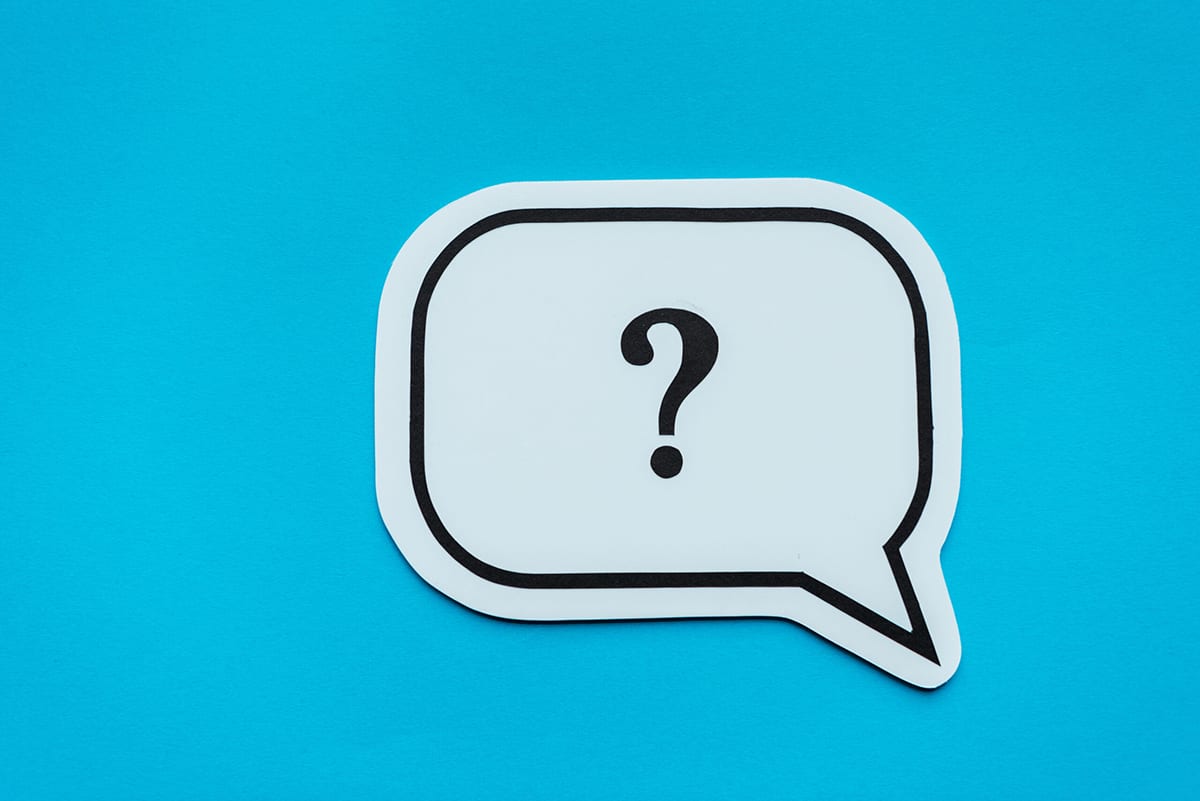What does... "fair" actually mean?
In his column "What does... actually mean?", Benno Maggi looks at terms from the marketing and communications sector. This time he deals with the term "fair" - and explores its meaning.

Fair enough. The use of the little adjective is not new. And there is no urgency to write about it either. After all, it was already there the year before last, when it almost became the youth word of the year, had smash, bodenlos and Macher not ousted it from the medal ranks. But as we all know, Youth Word of the Year also means that the increasing use of a word has not escaped the attention of youth, language and other researchers. Because once chosen, it is considered a no-go, especially by young people. And in the worst case, it triggers a cramped attempt to launch a boomer word of the year, as can currently be seen on social media. But that's another story.
The fact is, fair persists in the language. It is therefore worth getting to the bottom of the reason for its survival or continued existence. The word "fair" comes from the English language and made it into the dictionary as early as 1915. So not only is it not new, it is very, very old and has been part of our vocabulary for a long time. Its meaning changes depending on the context in which it is used. In general, however, it refers to something that is just, fair or honest. Unfortunately, a rare commodity in uncertain times.
Fairtrade, fair play or simply fair enough?
The little adjective has many brothers and sisters. They all have their meaning in different interpretations. Fair stands for justice, for example: something is "fair" if it is just and balanced, without prejudice or disadvantage. Or appropriateness: Something is fair if it is appropriate or meets expectations, especially in terms of price, quality or behavior. Or honesty: Fair can also mean being honest and sincere, both in actions and words. Or equality: everyone involved has the same opportunities or conditions, without disadvantage or favoritism. And last but not least, accuracy: Sometimes fair also refers to something being correct or accurate, without distortions or inaccuracies.
All in all, simply following the rules of coexistence and behaving fairly towards others. This is important in trade, for example, where in 1973 a group of women in Frauenfeld asked themselves: "Why does a kilo of bananas cost less than a kilo of Swiss apples?" and began to denounce the exploitation of female workers on the plantations of Latin America. The women's group soon became a nationwide movement and, with Gebana, a trading company committed to fair trade, long before the Max Havelaar Foundation was founded in 1992 and major distributors started boasting about it.
This has also been popular in sport for some time, with Fifa (!) introducing fair play trophies back in 1987. Today, such trophies are awarded for all kinds of behavior in all kinds of sports. So much so that winning is suddenly no longer fair and every child taking part in ski races at ski schools now receives a medal.
However, this is currently less common in everyday professional and business life. Unfortunately, employees, suppliers or business partners are hardly treated according to the rules of fairness any more, but instead only pursue their own interests. Deadlines are not met, queries are not answered or employment and agency contracts are declared null and void for no reason.
It is therefore all the more astonishing that its use in everyday language is constantly increasing. You often hear "fair" as an answer or comment - and afterwards you are no wiser than before. Has the other person now understood what was meant by the statement, agrees with it or even likes it? We often don't know. Except that the second word has probably been lost over the years. Enough. Fair enough.
* Benno Maggi is co-founder and CEO of Partner & Partner. He has been eavesdropping on the industry for over 30 years, discovering words and terms for us that can either be used for small talk, pomposity, excitement, playing Scrabble, or just because.









